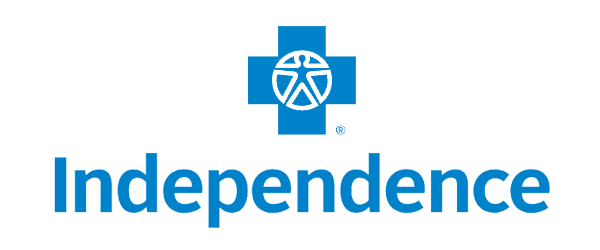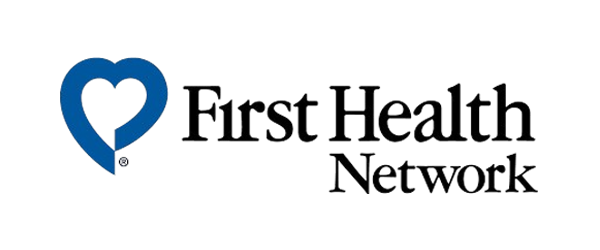Outpatient Programs
Outpatient treatment programs help you continue your recovery after residential care. Creekside Recovery Group offers varying levels of outpatient care to meet your needs in recovery.
Jump to Sections
- What is Outpatient Drug Rehab?
- How Does Outpatient Rehab Work?
- Creekside Recovery Network’s Outpatient Rehabs
- How Much Does Outpatient Rehab Cost?
- How Do Residential and Outpatient Rehab Programs Compare?
- What to Expect at Our Outpatient Drug Rehab
- Therapies Used in Outpatient Drug Rehab
- Benefits of Outpatient Drug Rehab
- Begin Outpatient Drug Rehab Near You
Creekside Recovery Network offers customized addiction treatment services at several outpatient levels. Outpatient drug rehab can be ideal for people who need additional support after completing inpatient or residential care. Our outpatient programs also serve people who are entering treatment for the first time.
What is Outpatient Drug Rehab?
Outpatient drug rehab is a general term that describes treatment for substance use disorders (addiction) that does not have a residential component.
- When a person enrolls in an inpatient or residential treatment program, they will live at the center where they are receiving care.
- When an individual participates in an outpatient drug rehab, they will be required to be at the center only when treatment is in session.
During non-treatment hours, people who receive care via an outpatient drug rehab can return to their homes, to a sober living residence, or to another supportive environment.
Depending on which level of outpatient rehab a person is in, they may have the time to take classes, volunteer, or work part-time when treatment is not in session.
How Does Outpatient Rehab Work?
When you enroll in an outpatient drug rehab program, you may receive care at one, two, or all three of the following levels:
- Partial hospitalization program (PHP): At the PHP level, you will likely participate in full days of treatment, five days per week. PHPs often feature a broader scope of services and a wider range of therapies than the other levels of outpatient programming.
- Intensive outpatient program (IOP): IOPs usually offer partial days of care. You may attend sessions two to five days per week. Group therapy is the most common form of treatment at the IOP level, though other types of therapy may be available as well.
- Traditional or standard outpatient treatment: When you are at this level, you may schedule sessions at whatever frequency best meets your needs. Traditional outpatient counseling can be a valuable source of long-term support after you have completed a PHP and/or an IOP.
Creekside Recovery Network’s Outpatient Rehabs

IOP in Georgia
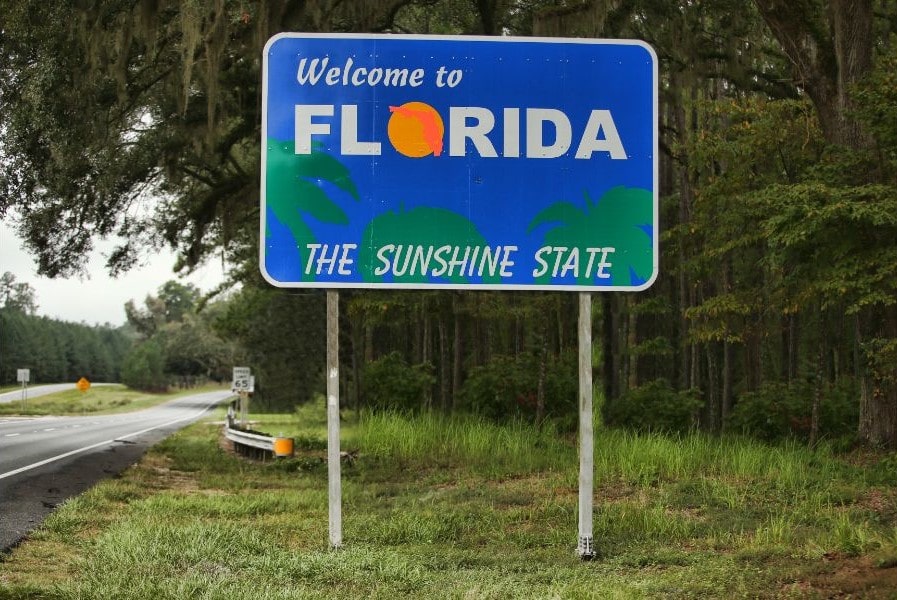
IOP in Florida
How Much Does Outpatient Rehab Cost?
The cost of outpatient drug rehab can vary depending on factors such as the following:
- Which level of care is the person enrolled in (PHP, IOP, or traditional outpatient treatment)?
- What types of therapies and support services is the person receiving?
- Is the individual also receiving care for a co-occurring mental health concern?
- How long will the individual remain in the outpatient drug rehab program?
To learn more about the cost of outpatient drug rehab at Creekside Recovery Network facilities, please don’t hesitate to contact us directly at your convenience. The more we learn about your unique needs and goals, the better prepared we will be to provide you with an accurate estimate of the cost of your care.
The good news is that many insurance plans provide coverage for outpatient services. If you would like to use your insurance to pay for outpatient drug rehab, we can help you with that. With your permission, a member of our team can contact your insurance provider to confirm your coverage and verify if your policy includes funding for outpatient rehab.
How Do Residential and Outpatient Rehab Programs Compare?
Determining which level of care is most appropriate for you is an important part of selecting the right program. Here’s a quick comparison of residential and outpatient drug rehab programs:
- Time in treatment: The standard length of stay in residential treatment is typically 28 days. The length of time you remain in treatment in a PHP, IOP, or outpatient program can extend to several months.
- Daily and weekly hours of care: A standard treatment day in a residential program usually includes about the same number of hours of care that you can expect in a PHP, but more than you would receive in an IOP and outpatient program. Over the course of a full week, a residential program will offer more hours of care than any outpatient program.
- Types of therapies: At the PHP level, you may participate in the same types of therapy that you would in a residential program. At the IOP level, group therapy is typically the main method of treatment, with other services available as needed. At the outpatient level, you will usually participate in either individual or group therapy.
- Independent living: All levels of outpatient rehab offer opportunities for independent living. At the PHP level, your evenings and weekends will be yours to do with as you see fit. At the IOP level, you will likely have a few full days each week when treatment is not in session. And at the outpatient level, you may only participate in a few hours of care on a weekly, biweekly, or monthly basis.
- Cost: Since you will not be paying for accommodations, three meals per day, and as many different services as you would if you were in a residential program, outpatient drug rehab almost always has a lower cost.
What to Expect at Our Outpatient Drug Rehab
When you enter outpatient drug rehab at a Creekside Recovery Network facility, here’s what you can expect:
- Welcoming environment: When you’re in the throes of untreated addiction, you may feel like no one could possibly care about you, or know how to help. The day you begin treatment in one of our outpatient drug rehab programs, you will be welcomed into a vibrant community where you will be treated with dignity and respect.
- Personalized care: No two people are impacted by addiction in an identical manner. At Creekside Recovery Network, we don’t believe that people should be shoehorned into identical courses of treatment, either. Our team will assess the full scope of your needs, then develop a personalized plan just for you.
- Compassionate support: Building a foundation for successful recovery takes hard work. During outpatient rehab, you may be pushed and challenged – but you can also expect to receive compassionate support from your treatment team. We understand the emotional toll that addiction can take, and we’re here to remind you that you are a valuable (and valued) individual.
- Peer interaction: Active, untreated addiction can isolate you from those who care most about you. In our outpatient drug rehab programs, you can learn how to begin rebuilding relationships that were damaged by your addiction. Outpatient treatment can also introduce you to the power of sharing support with peers who have had similar challenges and who are working toward similar goals.
Find Help Now.
At Creekside Recovery Group, we believe that long-term recovery is possible. Our practical programs can help you and a loved one
Therapies Used in Outpatient Drug Rehab
The types of therapy that receive in an outpatient drug rehab program will vary depending on your needs and the level of care you are in. With these factors in mind, the following are examples of the therapies and services that may be included in your treatment at an outpatient drug rehab:
- Medication-assisted treatment (MAT)
- Individual therapy
- Group therapy
- Family therapy
- Nutritional education
- EMDR therapy
- Red light therapy
- Brainspotting therapy
- Music therapy
- Reiki
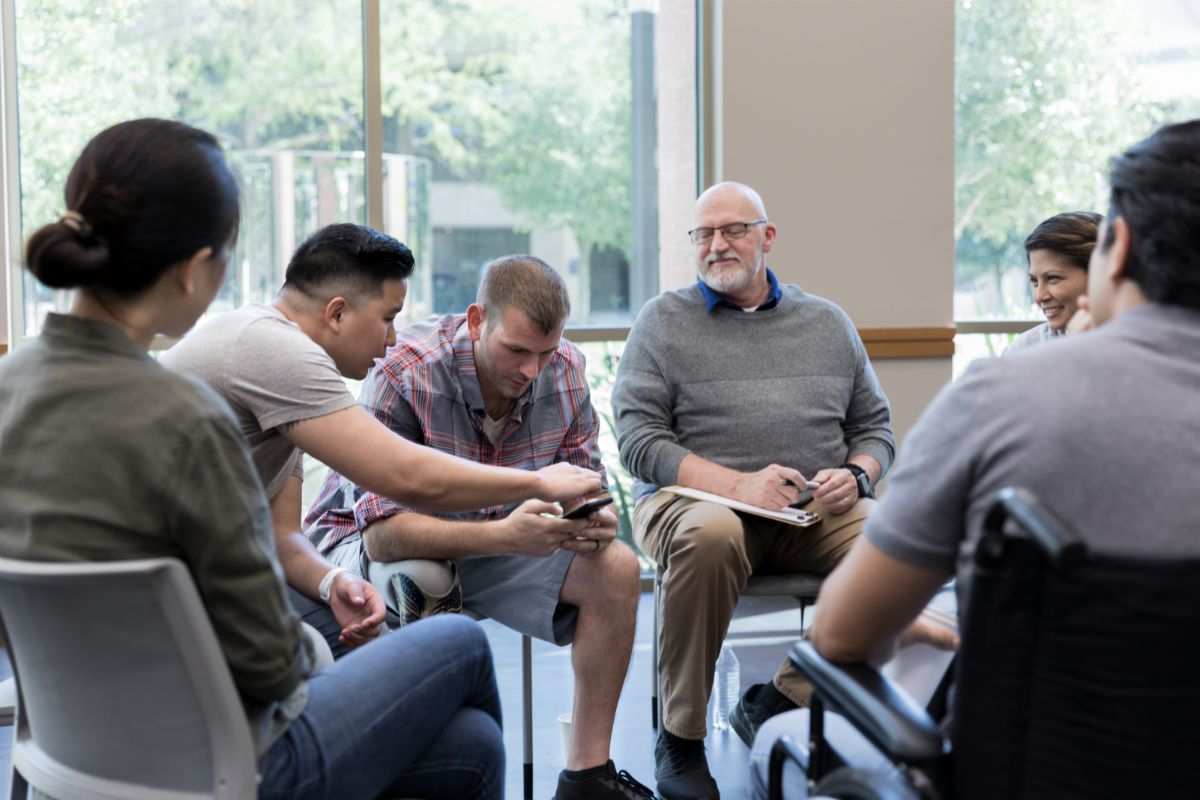
Benefits of Outpatient Drug Rehab
The primary benefit of outpatient drug rehab is that it can bring you closer to your goal of long-term recovery from addiction. To help you accomplish that, this level of care also offers benefits such as the following:
- Step-down support: If you enter outpatient rehab after completing inpatient or residential treatment, this can be an ideal opportunity to gain a stronger foothold in early recovery and reinforce the lessons you learned in your previous program.
- Skills development: Outpatient therapy sessions are supportive forums where you can develop and practice important skills such as healthy communication, self-advocacy, stress management, and conflict resolution – all of which can be valuable to you throughout your recovery journey.
- Balanced care: Outpatient rehab can offer an optimal balance of structured clinical care and independent living. During non-treatment hours, you will be able to practice your recovery skills in a real-world environment. When treatment is back in session, you can process your experiences and receive focused feedback and guidance.
- Increased confidence: Every day that you remain in recovery is a victory. Every day that you participate in treatment, you strengthen your ability to resist relapse. These successes can give you a well deserved confidence boost. They may also demonstrate that you are capable of accomplishing more than you once believed.
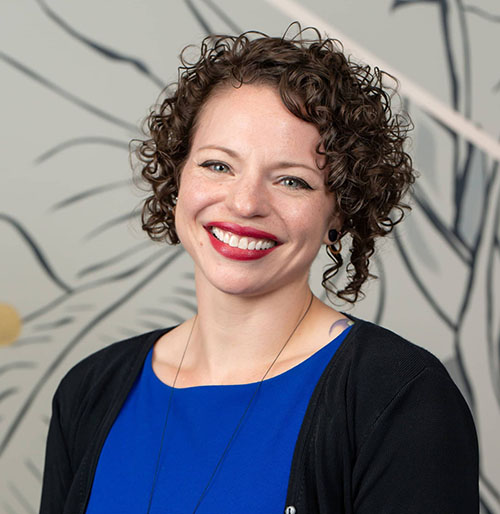
Medically Reviewed
Erika Dalton, LMSW
Erika Dalton, LMSW is a Licensed Master Social Worker and Director of Quality Control at Creekside Recovery Group
Facility Image Gallery
Begin Outpatient Drug Rehab Near You
If you have been seeking effective outpatient care near you, Creekside Recovery Network may be able to help. Our network includes several reputable treatment facilities that offer multiple levels of outpatient drug rehab programs for adults. In our PHPs, IOPs, and traditional outpatient programs, experienced professionals offer life-affirming services in a supportive and respectful environment.
When you’re ready to begin or resume your recovery journey, Creekside Recovery Network is here for you. Contact us today to learn more or to schedule a free assessment.

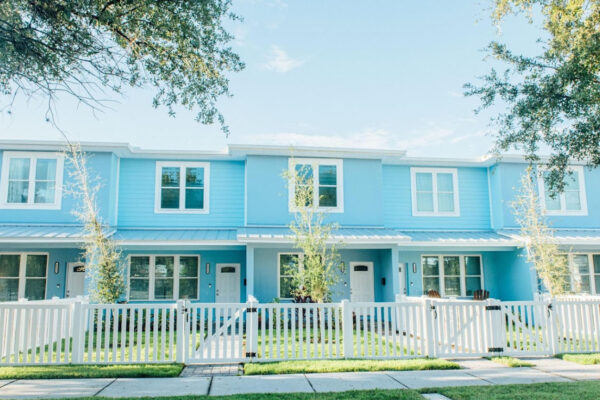

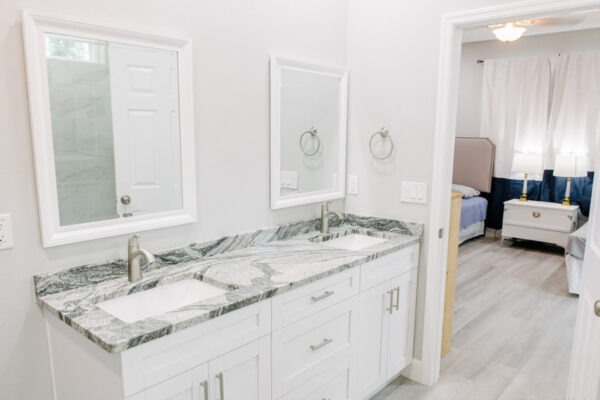

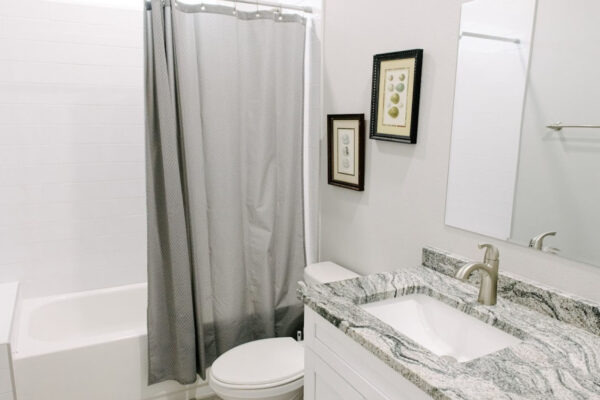
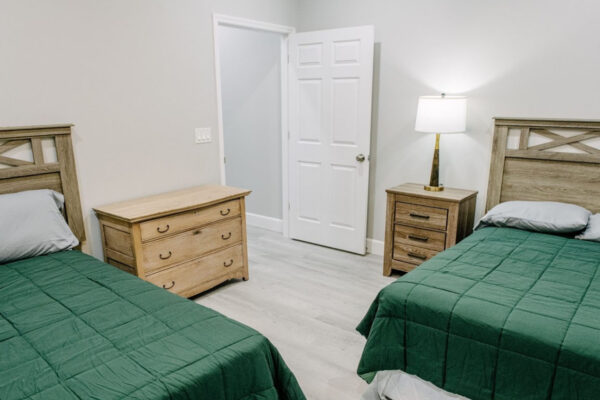
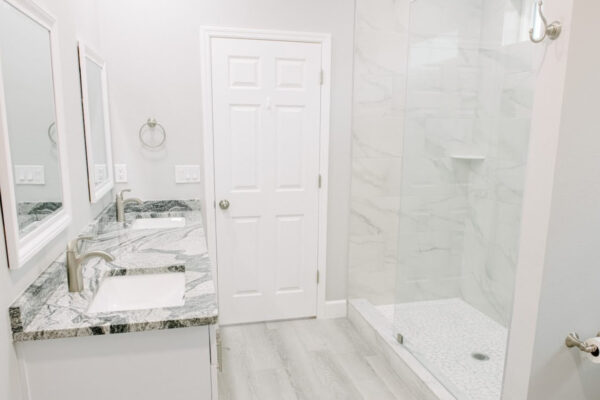
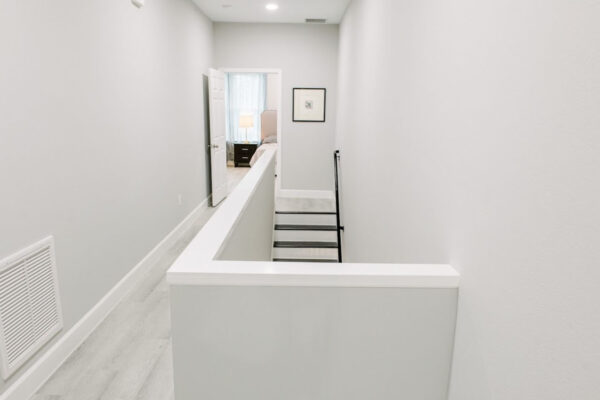

 Now that I have completed my successful journey here I would like to say that throughout it I was treated with nothing but respect. To take that a step further, I felt as if I was being treated by family.
Now that I have completed my successful journey here I would like to say that throughout it I was treated with nothing but respect. To take that a step further, I felt as if I was being treated by family.





